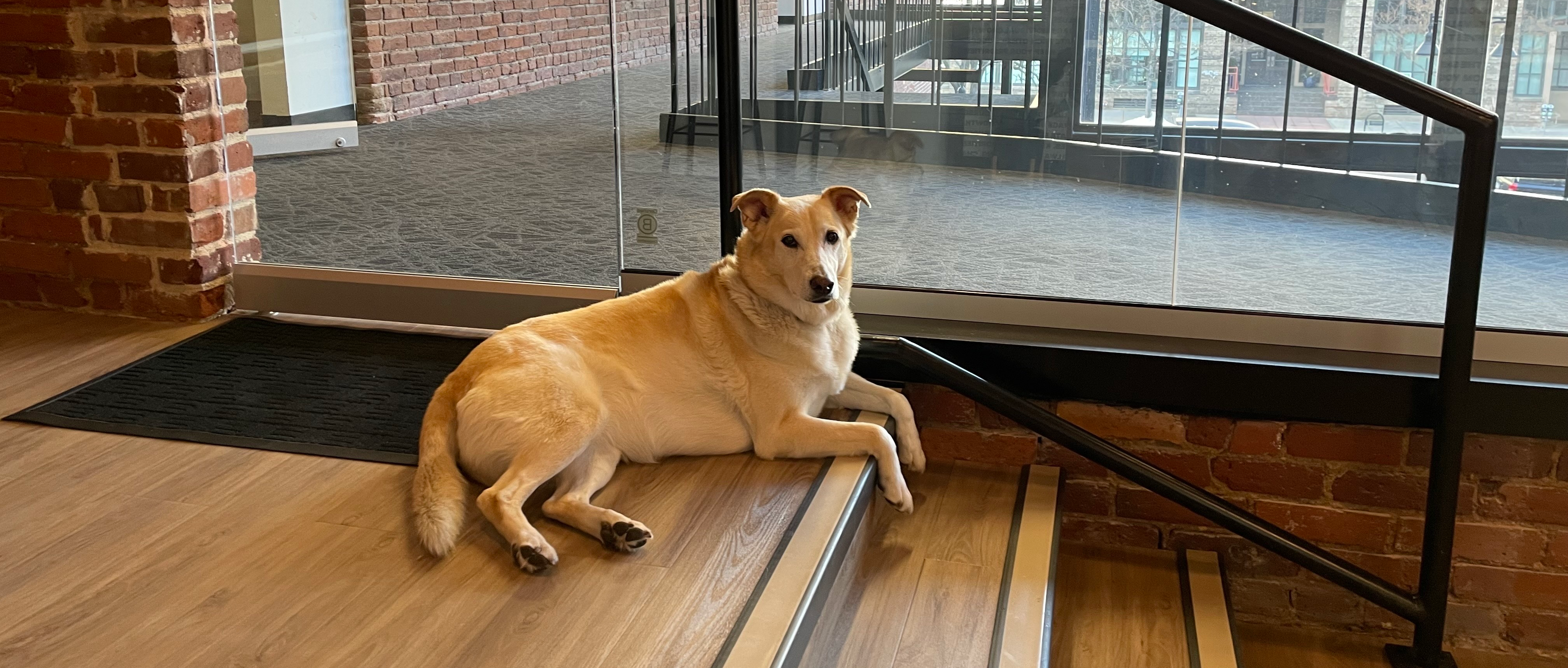See how our services
make an impact.
Cultivating Culture in a Remote/Hybrid Workforce
Navigating the balance of company culture and growth in the (new) remote friendly workforce
It seems like change and adapting to “new normals” have been the norm for the last few years, hasn’t it? The changes we’ve had to navigate have affected us personally and professionally on many levels.
I remember mid-March 2020, like yesterday, when one of the announcements on the news shared that March Madness would be canceled. To me, that seemed like canceling the Super Bowl! How was this possible? What was coming our way? I thought to myself, "How do we prepare for something that may change our very outlook on life? Will it affect us, society?" Like many of us, I had so many unanswered questions.
Let me begin by promising this isn’t a conversation about COVID-19, but more about its effect on the workplace. Before Covid, a majority of us went into the office 5 days a week, and that was the expectation.
Now many of us have been learning how to work in a hybrid/remote work environment. This comes with a lot of change. A lot of it is good positive change — no longer commuting to work, gaining more work-life balance, freedom, and flexibility. Overall, this type of work structure creates the mentality that leadership trusts their team members to get work done wherever they are. How wonderful is that?
But most solutions (even the good ones) come with cons. With more flexibility and much less time spent in an office, it is naturally harder to connect with your team members, and, at times, you can lose sight of your purpose in your role, which can lead to big issues such as quiet quitting.
Employees who don’t like their organization’s culture are 24% more likely to quit.
So the big question in the workspace right now is how do you cultivate culture in a hybrid/remote model? Another question you might be asking is why should we care?
SHRM studies have found there is a “strong correlation between workplace culture, satisfied and engaged employees, and business productivity and profits.” It is also known that healthy cultures are more productive and can actually thrive with change.
If organizations want to attract and retain quality talent while also staying highly motivated, we must create an inclusive culture regardless of where we are doing our work. This is crucial for the growth and success of our businesses.
Here are a few options Tonic has found that help to create a more inclusive remote/hybrid culture:
We don’t do private Slack channels
Unless we are working with a client and the information needs to remain confidential, all of our channels are open for any team member to join and interact. We have also created channels encouraging team members to create community virtually. Whether that be #extendedcuties or #getinvolved, we are continuing to think of ideas that can bring the team together and feel connected with one another.
When clients and partners are in town, we make an event out of it and encourage team member participation
We have found connecting with our clients and partners in person is invaluable when we can. Given the state of the working world and constantly being on video calls, it is refreshing to see people we collaborate with on a daily basis in person. It can’t always happen, but when it does, it is always a good reset for ourselves and our clients. This is also a great excuse to invite our internal team to meet our clients and foster a better relationship with them.
Create activities that engage team members
Given Tonic has a flexible schedule and we don’t require team members to work in the office, we have learned to get creative with our activities in order to incentivize team members to come into the office for those who live nearby. Even with the flexibility, we know in-person connection is crucial to foster culture and feel connected to the work we do.
Activities we’ve done to spark participation — Bake-Offs, workout team challenges, paid-for lunches, holiday potlucks, cooking classes, mini golf, and informative wine tastings with our CEO (who happens to be a sommelier, how convenient!). We’ve also tried fully remote events to bring in the entire team, such as ‘Dungeons and Dragons for Beginners.’
Never hurts when the office is dog friendly, too!

More frequent check-ins with team members
Not physically seeing your team members can make it harder to understand how they are actually doing. This is why it is key to have more frequent touchpoints. This shouldn’t only be a management initiative. Encourage your team to also check in on one another. We aren’t mind readers, so unless we ask the right questions, we won’t know how people are doing. Intentional conversations such as goals for your team member’s role, why their role is intricate to the success of the company, and feeling a part of the big picture is important. Conversations such as these will help with productivity, build a stronger culture, and most importantly, make your team members feel valued for the hard work they do.
Create a safe environment so team members can bring up problems and solutions
During our onboarding process, Tonic is clear from day one that this is a workspace where you should feel comfortable bringing up anything. Whether it is something you see as an issue, find there could be a small improvement, or maybe you just want to reach out because you appreciate a new policy or info on an updated benefit. Regardless, we want to hear about it. Tonic is continually trying to create a culture where team members feel heard, seen, and know that there won’t be repercussions for bringing up issues.
I hope some of these ideas can help you and your teams foster more inclusive cultures in the future. If I’m being honest, fostering a strong culture in the post-Covid world has been a challenge for many of us. This is new territory that all of us are navigating, and it hasn’t been easy. Our team is still figuring out what works and what we ultimately need to leave behind.
What I have learned from the past few years after not having it consistently, is that humans are wired for connection. It doesn’t matter if you are an introvert or an extrovert, connecting with others is vital for our wellbeing. A quote from many of our favorites Brene Brown states, “We are hardwired to connect with others, it’s what gives purpose and meaning to our lives.” I believe this wholeheartedly.
My closing ask is to be more intentional about how you connect with your team members, and I guarantee you will be on your way to creating a more inclusive, authentic work environment.

Get in Touch
We'd love to see how we can make an impact for you. Let us know what you're working on.


